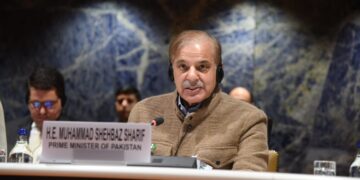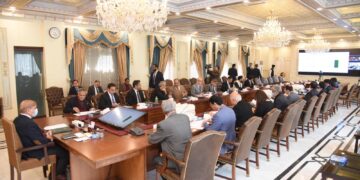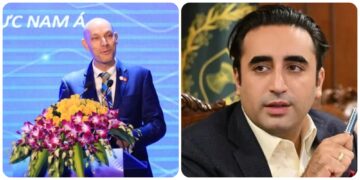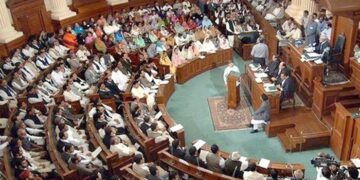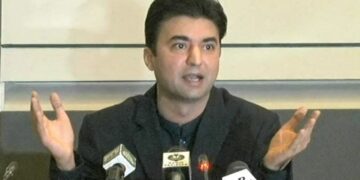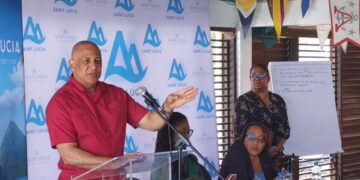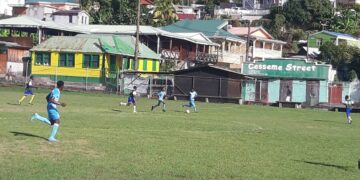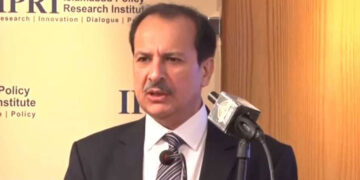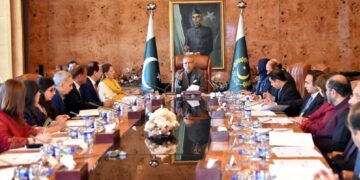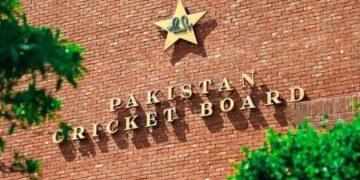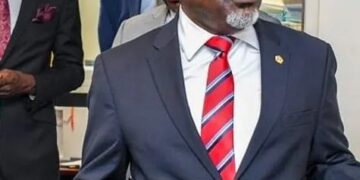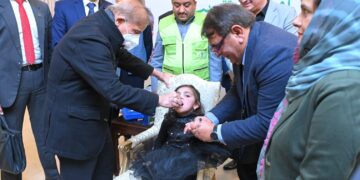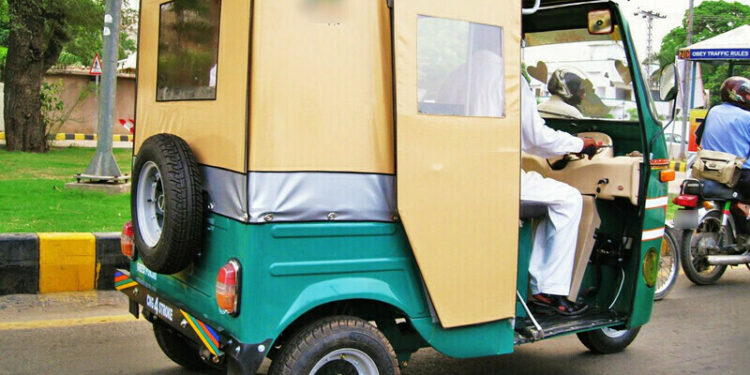The district administration of Peshawar has banned the rickshaws from the Pir Zakori Bridge-Surey Pul stretch of the GT Road on Thursday. The decision comes with a motive to bring ease to the traffic congestion.
An official statement has confirmed that the decision was made during the meeting that was chaired by the commissioner of Peshawar division, Riaz Khan Mehsud.
The meeting was attended by the deputy commissioner Afaq Wazir, SSP Traffic Saud Khan, officials of the Regional Transport Authority and the excise department and the representatives of the transporter unions.
It also made decision that the old buses and wagons plying the roads along the Peshawar Bus Rapid Transit (BRT) corridor would be impounded and scrapped, while their drivers would be detained.
The participants also agreed about the seizure of the rickshaws that are registered in other districts but operate in the provincial capital.
They have also made directions to the authorities to crack down on the rickshaws whose drivers have photocopied permits and registration papers, while the sealing of rickshaw factories was also ordered.
A decision was made during the meeting to ban rickshaw supply from Punjab and order the arrest of suppliers and confiscation of those tri-wheelers. It added that the district administration would launch a 20-day crackdown on illegal rickshaws, buses and wagons from Thursday.
The plans restricts pressure horns, flashlights, tinted glasses, illegal registration plates, and musical instruments from vehicles before being destroyed, while legal action will be taken against drivers under the age of 21.
The authorities also made decision to impound and scrap the buses, wagons, and rickshaws illegally operating in the provincial capital. It drawn strategy to do away with the illegal transport vehicles from the provincial capital and took the representative of transporter unions into confidence about it.
Officials continued by stating that, as the crackdown would continue until May 29. At the same time, the officials had deployed special teams of police, district administration, and transport and excise departments for its success.
